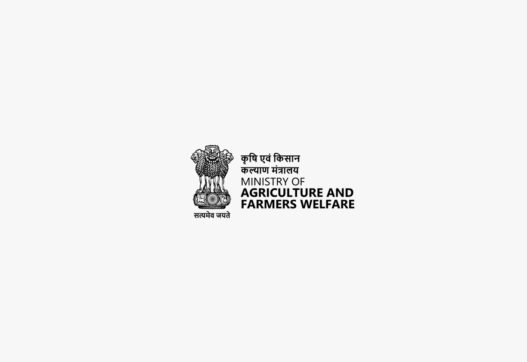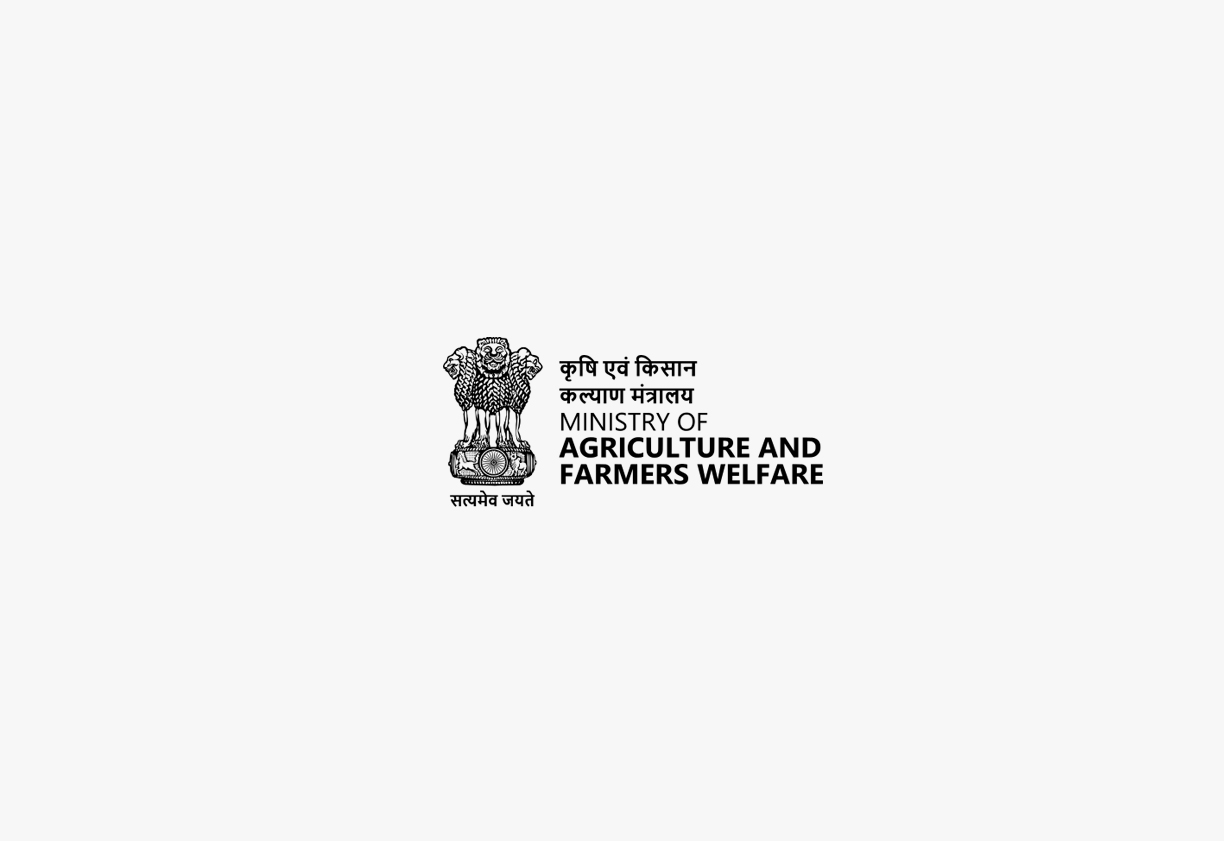Ministry of Agriculture and Farmers Welfare
The Destructive Insects and Pests Act, 1914, is a colonial-era legislation in India designed to prevent the introduction and spread of destructive insects and pests that can harm crops. This Act provides a framework for regulating the import and transport of articles likely to carry such pests. This article provides a summary of the Act, highlighting its background, key provisions, and penalties.
1. Act Background and Ministry:
-
Background: The Destructive Insects and Pests Act, 1914, was enacted to prevent the introduction into India and the transport from one province to another of any insects, fungus, or other pests that could be destructive to crops. The Act was a response to the need for regulating the movement of agricultural goods to prevent the spread of plant diseases and pests.
-
Ministry: The Act is primarily administered by the Ministry of Agriculture and Farmers Welfare, Government of India.
2. Enactment Date, Number of Chapters, Number of Sections:
-
Enactment Date: The Act was enacted on February 3, 1914.
-
Number of Chapters: The Act is divided into three chapters.
-
Number of Sections: The Act contains 6 sections.
3. Act Governed By:
The Act is primarily governed by the Central Government, which has the power to regulate or prohibit the import and transport of articles likely to carry destructive insects or pests. The State Governments also have the power to make rules for the implementation of the Act within their jurisdictions.
4. On Whom It Is Applicable:
The Act applies to:
-
Importers: Individuals or entities importing articles likely to carry destructive insects or pests.
-
Transporters: Individuals or entities transporting such articles from one state to another.
-
Producers and Consignees: Individuals or entities responsible for the production, transport, or consignment of such articles.
-
Officers of Customs: Officials responsible for enforcing import regulations.
5. Penalties/Punishments:
The Act prescribes penalties for violations of its provisions, including:
-
Fines: A fine which may extend to one thousand rupees for any breach of rules made under the Act.
-
Enhanced Fines: A fine which may extend to two thousand rupees for subsequent contraventions of the Act.
6. Important Pointers:
-
Regulation of Import: The Central Government can regulate or prohibit the import of articles likely to infect any crop or plant.
-
Regulation of Transport: The Central Government can regulate or prohibit the transport of such articles from one state to another.
-
Definition of Crops: “Crops” include all agricultural or horticultural crops, trees, bushes, and plants.
-
Definition of Import: “Import” means the bringing or taking by sea, land, or air across any customs frontier.
-
Definition of Infection: “Infection” means infection by any insect, fungus, or other pest injurious to a crop.
-
State Rules: State governments can make rules for inspection, disinfection, or destruction of infected articles.
-
Refusal to Transport: A person responsible for goods transport can refuse to carry articles if they are prohibited under the Act.
-
Protection of Actions: The Act provides protection to persons acting in good faith under the Act.
7. Act Copy:
The full text of the Act can be accessed through the official government gazette or legal databases.




